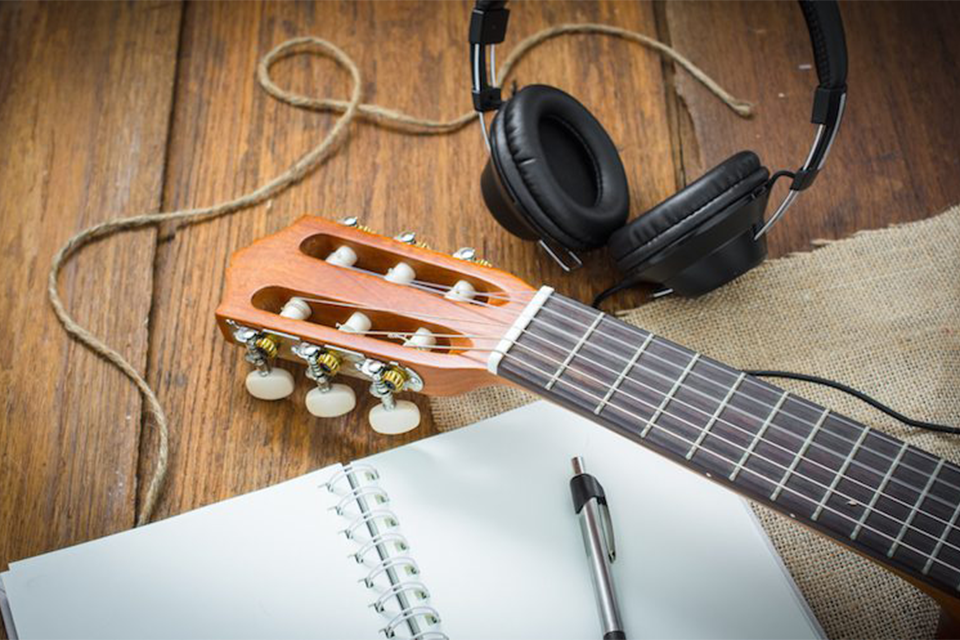
11 Steps to Enjoyable Music Practice
By: petersonSuccessful musical practice begins with thoughtful preparation and commitment.
Step 1. Create a space dedicated to you- Find the place to practice. Is the room quiet enough to concentrate? Are there any distractions – including TVs, radios, mobile phones, other people?
Step 2. Preparation- May go without mentioning, but have your music books or sheets set up, a music stand, a metronome, if necessary. Bring the paper and the pencil to the notes you want to make about the music.
Step 3. Set up a consistent time for your practice- Schedule the practice. Speaking of time for beginners, start at least four days a week with 20 minutes a day. As your skills progress, increase to 30 to 40 minutes, and then up to 60 minutes a day.
Step 4. Be objectively orientated- Specific objectives are helping us to improve. Would you like to learn new skills? Start taking new song? Learn new skills and techniques?
Step 5. Keep a log of the practice- It helps to keep you organized, accountable and shows the physical evidence of your progress. E.g. a person who logs their meals and activity to achieve weight loss, and it shows that they have consistent and healthy outcomes. Track your practice, and you're going to win. More skill, more confidence, more mastery.
Step 6. Divide it and conquer it- So, you think you can practice a week in a marathon session, usually the day before a lesson, and sound great? Uh, no, no. First of all, you're not going to build the 'muscle memory' of shorter daily sessions.
Step 7. Record yourself- It's a good thing to be able to review how you performed during music practice. You can hear what works, what needs improvement, maybe find ways to approach a piece differently.
Step 8. A note about the repetition- Malcolm Gladwell put forth the theory that 10,000 hours of practice – about 20 hours a week for ten years – can turn anyone into an expert. Although the theory has been disputed - more on that here - repetition, i.e. practice, can’t hurt. Expertise also includes factors like personality, life circumstance, what age you start, and natural talent. What is true is that practice often leads to mastery, which builds the confidence that ignites enthusiasm, which ultimately motivates more practice.
Step 9. Listen to the others- Often we imitate the people we admire. Who do you enjoy listening to? Listen to them a lot, find new artists to appreciate, maybe emulate. What do you hear from them in their technique, their craft? We don't feel it for days, take the time to be inspired by someone else's art.
Step 10. Make it link to love- Love is the basis for all good relationships. You may have thought that the saxophone was a great idea. Turns the piano out to be your jam. We 're not always going to find our match first time out. This doesn't mean that you can pick up and throw down instruments or teachers at a whim. But if there's no love, it's time to move on to the instrument or vocal genre that's 'the one.'
Step11. Be realistic about your talent- about the time you have to practice, and about your true level of commitment. Set your expectations so that you won't be disappointed or undermine your talent or confidence.
BLOG
Music articles to help you understand the process of learning to play an instrument more!
VISIT OUR BLOGJoin PETERSON’S most distinguished music academy for everyone
Exclusive music instruction form the children at the age of four
REGISTER NOW